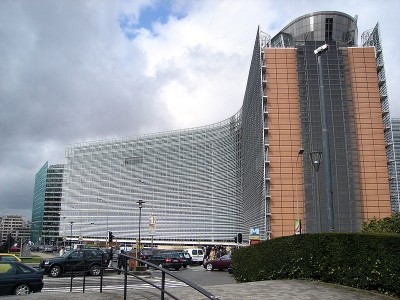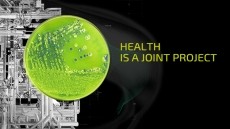EU should revoke licenses if emission caps exceeded; report
In December 2009 the Swedish Medical Products Agency (MPA) proposed adding environmental aspects to European Union (EU) good manufacturing practices (GMP). The MPA has followed up this first report with a proposal to cut environmental damage, particularly in emerging markets.
“Today a considerable share of pharmaceutical manufacturing of starting materials and semi-products takes place in low-cost countries. Against this background, emissions of pharmaceutical substances from drug production in the third world are an urgent matter”, said the MPA report.
Adding environmental controls to GMP ensures the regulations extend beyond the EU and into emerging markets Sweden is particularly concerned about. Sweden became concerned about the topic after research indicated emissions from drug production in India could harm human health.
The MPA proposes modifying medical products directives to make it obligatory for manufacturers to follow legally established emission levels for certain substances. A new emission levels legal document should be created to bypass the need for implementation in national legislation.
Recently adopted cosmetics legislation, 1223/2009, is cited by the MPA as a framework for the new pharmaceutical regulation. Taking this approach would ensure emission limits apply to all EU member states and allow the European Commission (EC) to directly change the document.
Setting levels
The first step in drafting the regulation is deciding which substances should be controlled and at what levels. Substances should be selected based on scientific evidence “the external environment, and thereby public health, is negatively impacted”, said the MPA.
Antibiotics, hormone-disrupters, and products manufactured in large volumes are the MPA’s targets. An existing EU directive cites two anti-inflammatories, diklofenak and ibuprofen, and two hormones, 17 beta oestradiol and 17 alpha ethinyloestradiol, as a risk to the water environment.
Once levels for the priority substances are set the MPA proposes identifying further candidates but this will need more information about environmental impact. To collect environmental information the MPA proposes creation of a database.


















